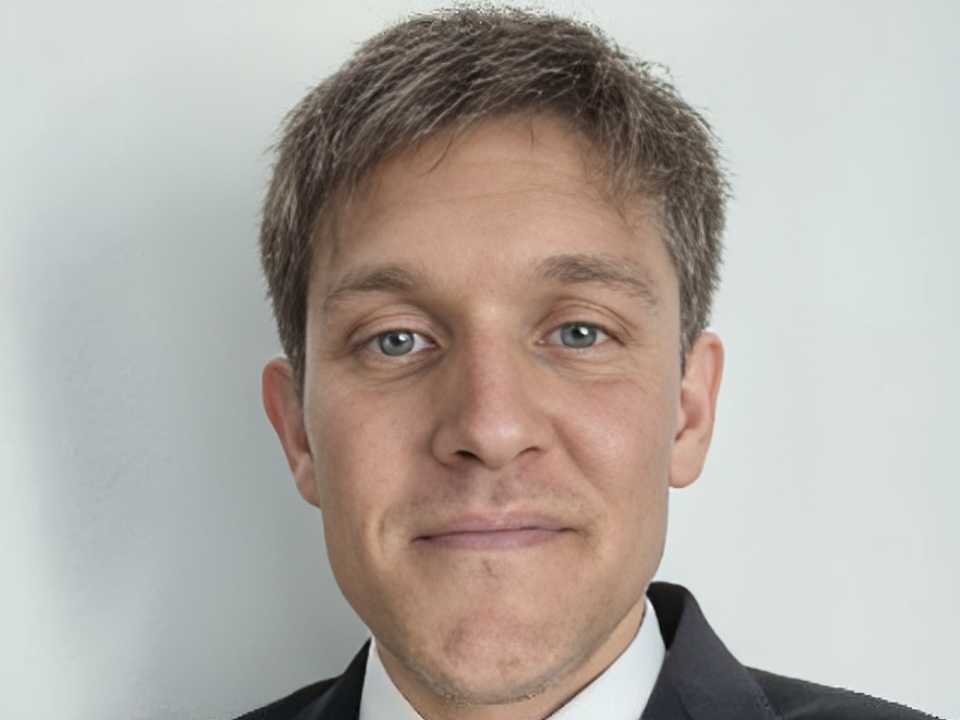
Luis Castelo-Branco: How to define “experts”, and “specialists” in certain areas?
Luis Castelo-Branco, Medical Oncologist, Scientific and Medical Division Fellow at ESMO – European Society for Medical Oncology shared a thread on X:
“How to define ‘experts’, and ‘specialists’ in certain areas? This is a current problem for instance In “Cancer Public Health and Policy“. We need to better define acceptable terminologies and thresholds based on academic competencies and professional experience.
To be called for instance an expert in ‘Breast Cancer’ it requires years of academic training, research, and dedicated work in the field. The same should apply to ‘Oncology policy and public health’.
Accepting the ‘interest in public health’ as acceptable to call someone ‘expert’ (regardless if is the best key opinion leader in any tumor-specific areas) is a threat to high-quality cancer public health research.
Like for cancer clinical research, ‘public-heath-related research’ should be based on strong academic competencies in the field. It should not be just an ‘amateur’ interest that may lead to lower-quality research and very biased publications or decisions.
A current ‘pandemic’ are ‘viewpoints’, ‘perspectives’ or qualitative research publications lacking knowledge, experience or skills on those domains. Journals are accepting this based on ‘names’ BUT many are not experts in the various particularities of public health/policy.
It should be more rigorously assessed the academic backgrounds in ‘public health or policy’ and improving collaborative networks: Cancer doctors; Public Health specialists; Research methodologists; AI-Digital health experts, etc.. depending on the type of studies.
Implementation science in ‘Cancer public health’ is suffering from this. Some so-called ‘experts’ are bringing low-quality evidence and perspectives to policymakers, thus reducing the general credibility of the ‘Oncology community’ in those specific domains.
There are ways to improve: A) There are oncologists who are also properly qualified in public health and policy – they should be empowered and supported!! B) Oncologists should work more closely with Public health institutions, particularly when they lack those competencies.
Finally, there are many ‘young’ colleagues who invested their time in proper ‘cancer public health’ training and work and are already experts in these domains. Just some names I was blessed to interact with: Mariana Brandao, Dario Trapani, Diogo Martins Branco, Bishal Gyawali and Rafaella Casalino.”
Source: Luis Castelo-Branco/X
About OncoDaily
OncoDaily was founded in 2023. It is a US-based oncology media platform, which features the latest news, insights, and patient stories from the world of oncology. Within a short period of time it became one of the leading oncology media platforms globally.
OncoDaily gathers content from various sources, including social media posts from renowned oncologists from all over the world, news from oncology societies and cancer centers, patient and survivor stories, and career-related information for professionals.
The mission of OncoDaily is to empower patients, survivors, and professionals with the knowledge and inspiration they need to fight cancer. The motto of OncoDaily is “Cancer doesn’t take a day off – neither do we”.
-
Challenging the Status Quo in Colorectal Cancer 2024
December 6-8, 2024
-
ESMO 2024 Congress
September 13-17, 2024
-
ASCO Annual Meeting
May 30 - June 4, 2024
-
Yvonne Award 2024
May 31, 2024
-
OncoThon 2024, Online
Feb. 15, 2024
-
Global Summit on War & Cancer 2023, Online
Dec. 14-16, 2023
